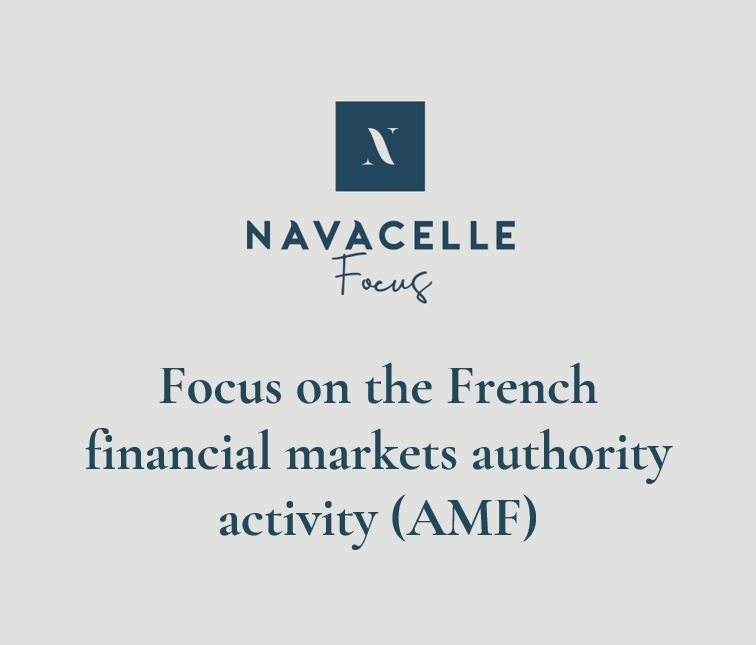In two recent rulings, the French Supreme Court has adopted a literal and restrictive interpretation of the requirements for anti-corruption NGOs to have legal standing, both under Articles 2 and 2-23 of the French Code of Criminal Procedure.
In its first decision of October 11, 2017 (‟Balkany caseˮ on the conviction of Levallois-Perret’s mayor for laundering of tax fraud and corruption proceeds, passive bribery and non-declaration of assets), the Court ruled that the NGO did not meet the requirements of Article 2 of the French Code of Criminal Procedure as the NGO did not suffer from a damage directly caused by the offense.
In its second holding of January 31, 2018 (‟Bygmalion caseˮ on the financing of the political campaign of former president Nicolas Sarkozy by its political party, in breach of the rules governing financing of presidential campaigns), the French Supreme Court confirmed its strict interpretation of the provisions of both Articles 2 and 2-23 by rejecting the anticorruption NGO Anticor’s claim for damages in pending proceedings for forgery and use of forged documents, breach of trust, attempted fraud, complicity, and concealment.
The Court ruled that Anticor may not join as civil party to a proceeding which did not cover any of the offenses provided for by Article 2-23 and considered that Anticor did not suffer any damage directly caused by the offense pursuant to Article 2.
Supreme Court strict rulings however provide for a pragmatist application of the “specialia generalibus derogant” rule, which would preclude NGOs to avail themselves of Article 2 when failing to meet the requirements of Article 2-23.














